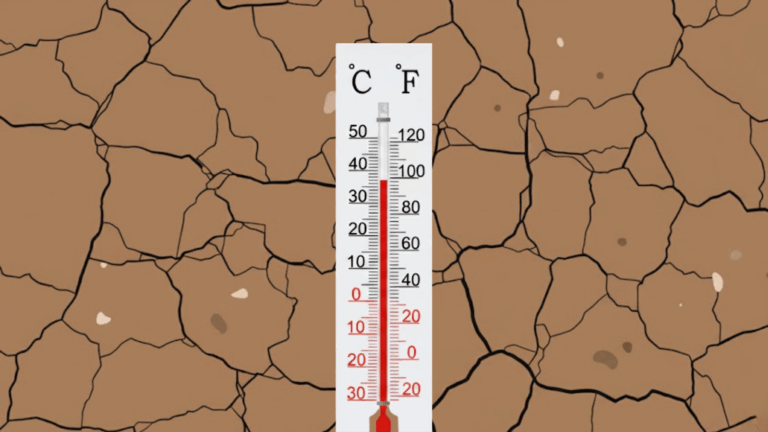This website uses cookies as well as similar tools and technologies to understand visitors’ experiences. By continuing to use this website, you consent to Columbia University’s usage of cookies and similar technologies, in accordance with the Columbia University Website Cookie Notice.
Summer Outlook: What to Make of Extreme Weather Predictions
Guest
Radley Horton
Professor, Columbia Climate School
In the next few months, heat waves, droughts, thunderstorms, and hurricanes will wreak havoc on regions around the world. Climate scientists say these events are becoming more extreme and dangerous thanks in part to the changing climate.
For example, the National Oceanic and Atmospheric Administration’s outlook for the 2024 hurricane season, which just started June 1, anticipates an exceptionally high number of storms this year.
So, why are extreme weather events worsening? How is climate change contributing to this development? And what measures are being taken to adapt to this new reality?
This week, host Bill Loveless talks with Radley Horton about the outlook for extreme weather events across the globe this summer, and why their intensity and severity is expected to increase.
Radley is a professor at the Columbia Climate School, where he teaches and researches climate extremes, risks, impacts, and adaptation. He was a convening lead author for the United States’ Third National Climate Assessment, and he is currently a principal investigator for NOAA, focusing on climate risk in the urban U.S. Northeast.
More Episodes
Amy Harder on Climate and Energy Reporting
The national conversation around climate change is shifting. There’s more focus on energy affordability and demand, as well as on the dual role artificial intelligence plays as both...

In a Charged Environment, FERC Faces Demands for Energy
The Federal Energy Regulatory Commission (FERC) regulates the United States’ energy transmission, pipeline networks, and wholesale rates for electricity. For much of its history, FERC was a little-known...

World Energy Outlook 2025: Navigating Divergent Futures
Around the globe, and here in the United States, energy markets face huge uncertainties. They include everything from rising geopolitical tensions to a wave of new liquefied natural...

Building Energy Policy on Evidence
Elected officials face huge challenges when it comes to energy policymaking. They have very little time to learn complicated, nuanced issues. They're bombarded by information — some of...

Relevant
Publications
Opinion: Time for CT to rethink its climate strategy
Connecticut needs an honest debate, and fresh thinking, to shape a climate strategy fit for today, not 2022.

Climate Ambition and Electricity Affordability: Lessons from Connecticut

COP30 and Beyond: The Implications of a New Era of Discord in Global Climate Politics
As diplomats meet in Brazil for COP30, global resolve to tackle the climate challenge appears badly frayed.

Transforming Fashion’s Footprint: Business Models and Innovation for Circularity and Clean Energy
The fashion industry sits at the intersection of climate, energy, and consumption, facing growing pressure to cut emissions, transition to clean energy, and build circular systems across global supply chains.


